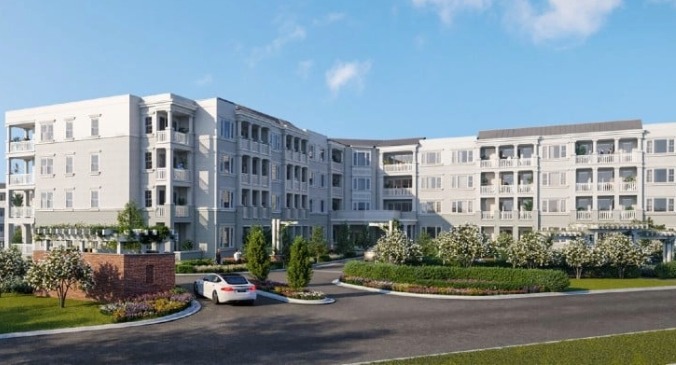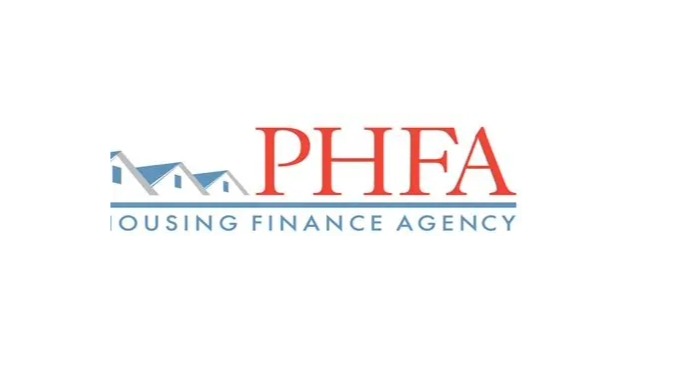The Department of Housing and Urban Development (HUD) on Wednesday announced a series of actions it is taking as part of the Biden-Harris Administration’s plan to create, preserve, and sell nearly 100,000 additional affordable homes for homeowners and renters across the country over the next three years. As Congress and President Biden work toward the historic housing investment in the Build Back Better agenda, HUD is acting in its administrative capacity to unlock and create affordable housing supply for lower income segments of the market.
Today’s actions include a significant step in restarting the Federal Housing Administration (FHA) Section 542 (c) Housing Finance Agency Risk-Sharing Program with the Department of Treasury’s Federal Financing Bank (FFB Risk-Sharing) which provides low-cost capital needed to spur development of rental housing in cooperation with state Housing Finance Agencies (HFAs). This agreement marks a renewed focus on supporting construction and development of affordable housing units in states across the country at a time when these kinds of capital investments for the most affordable housing are needed.
“President Biden promised the American people that his Administration would dramatically expand our nation’s supply of affordable rental housing—and the actions announced today represent a significant down payment toward that commitment,” said HUD Secretary Marcia L. Fudge. “These actions will expand access to critical capital for state Housing Finance Agencies, empower local communities to build more affordable housing using the historic investments contained in the American Rescue Plan, and advance equitable housing policies such as inclusionary zoning practices. Moving forward, HUD and the Biden-Harris Administration will continue to pursue bold actions to create and preserve affordable homes for all Americans.”
Housing Finance Agencies may submit applications for mortgage insurance through this program through September 2024, and for the Federal Financing Bank to purchase the FHA-insured mortgages through September 2027. Unlike the previous version of the program, there is no dollar cap so FHA can provide firm approval letters to insure all eligible HFA-underwritten mortgages that meet risk-sharing program standards.
HUD will make more single-family homes available to individuals, families, and non-profit organizations in the future by prioritizing homeownership and limiting the sale to large investors of certain FHA-insured and HUD-owned properties, in addition to expanding and creating exclusivity periods in which only governmental entities, owner occupants, and qualified non-profit organizations are able to bid on certain FHA-insured properties. In addition, HUD’s Community Development and Planning (CPD) arm announced it is creating a new toolkit with guidance to support HUD grantees by providing easy-to-implement strategies to deploy resources to address housing supply and affordability challenges that have deepened during the pandemic. Finally, HUD’s Policy Development and Research (PD&R) team will release its latest research on innovative strategies being pursued by state and local governments to remove regulatory barriers to affordable housing and increase housing supply. These lessons will be incorporated into HUDs Regulatory Barriers Clearinghouse, which contains over 4800 barriers and solutions and provides a catalog of information that spans all 50 states and over 460 cities and counties. They will also inform the locally driven zoning reform initiative in the President’s Build Back Better Plan.
View the Biden-Harris Administration’s steps to increase affordable housing supply here.
About the Section 542(c) Housing Finance Agency Risk-Sharing Program with the Federal Financing Bank
The Section 542(c) Housing Finance Agency Risk-Sharing program allows eligible Housing Finance Agencies (HFAs) to enter into contracts with HUD that provide FHA insurance on Multifamily mortgages for properties with affordable housing units underwritten by an HFA, and where HUD and the HFA share the risk of any potential loss if the mortgage defaults. With the FHA insurance credit enhancement, the Federal Financing Bank will purchase the mortgage, generating capital funds for the HFA to lend to private developers building or rehabilitating multifamily properties that provide affordable rental homes, including refinance of properties for low, very-low, and extremely-low income individuals. FHA will continue to seek necessary authority to further enhance the mortgage securitization eligibility features of the program.
FHA encourages qualified Housing Finance Agencies across the country to apply to participate in the program’s restart. Further, based on past program performance, FHA anticipates that approximately 20,000 affordable rental units will be created or preserved through the program through 2027. FHA anticipates it may receive new mortgage insurance applications under the program this month.
NAA welcomes Biden Administration’s plan to boost affordable housing
The National Apartment Association (NAA) welcomes the Biden Administration’s Plan to Boost Affordable Housing, which shows a strong commitment to increasing the supply of quality, affordable housing. Several elements of the administration’s plan will make a sizable difference in securing and expanding the nation’s critical housing infrastructure. NAA looks forward to taking an active role in assisting the White House further develop their plans to benefit all Americans.
Elements of note for the rental housing industry include: utilizing federal resources to reduce barriers to housing development, such as exclusionary zoning policies at the state and local level; increasing Fannie Mae and Freddie Mac’s investment cap in the Low Income Housing Tax Credit (LIHTC) program, which is one of the most important tools for developing quality, affordable housing in the United States; and updating Freddie Mac’s mortgage eligibility requirements for properties with 2-4 units.
NAA and the administration ultimately share the same goal—securely house the nation’s 40 million renters. By working together, we can help all Americans have greater access to affordable housing for generations to come.













